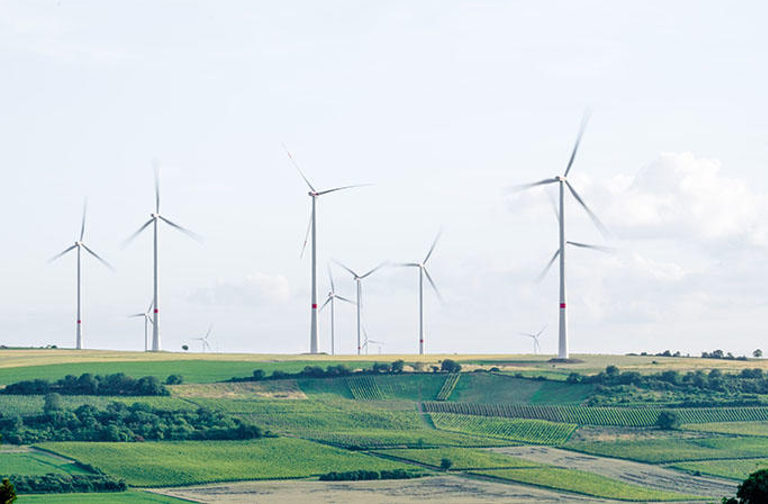In 2011, the Scottish government established the policy goal to dramatically reduce its reliance on nonrenewable energy sources. According to its 2020 Routemap for Sustainable Energy in Scotland, “community benefits and scope for local ownership of energy are key elements of public engagement in renewables, helping to change cultural attitudes to renewables as well as to generate local revenue as part of the green low carbon economy.”
Accordingly, the Scottish government established a target of 500 MW community and locally owned renewable energy capacity by 2020. This is small compared to the total 15,000 MW target, but large compared to the 180 MW of existing, planned, or under construction local projects in 2011.
To help reach the target, Local Energy Scotland, a consortium of several different institutions, established a web portal with a comprehensive set of tools and resources for communities and rural businesses that want to start renewable energy projects. It includes an interactive map of existing projects, access to free advice, a comprehensive guide to shared ownership of projects, and more.
In 2015, the 500 MW target of local renewable energy capacity was achieved. This target may not have been ambitious, but the support base is there to greatly exceed it.
View the full policy here.
This article is cross posted with permission from Shareable.net.





